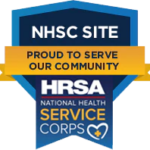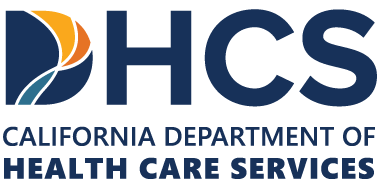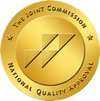The most common mistake in talking about eating disorders is to assume it is all about food. How to get it or how much. What to eat, and how to be skinny. These may play a part, depending on the person, but the more common words that are better able to describe an eating disorder sound more like this: shame. Control. Fear. Perfectionism. Self-image. Getting help for an eating disorder has as much to do with identifying a wordless ache as it does understanding why someone’s relationship with food.
What Is an Eating Disorder?
The medical world calls them psychiatric conditions, but they live just as much in the body as in the mind. It is a disease that comes from a variety of threads in a person’s life. It is biological (in your body and your brain), but it is also tangled with emotional history and personal experience.
If you’re searching for ways to get help for an eating disorder, know that what you’re fighting isn’t vanity. It is a disease that has changed how your brain even operates.
How to Get Help for an Eating Disorder: The Frightening Reality
In California, where wellness culture sometimes dresses itself up as obsession, eating disorders can hide in plain sight.
But the statistics are blunt: these disorders can kill you. Eating disorders have the highest mortality rate of any mental health condition.
They are not a “phase.” They are an illness. And like any serious illness, they can be treated.

What Counts as an Eating Disorder?
According to the American Psychiatric Association, there are a few main categories. They all have particular behaviors, but the common thread is a dangerous preoccupation with weight, shape, or food. This preoccupation interferes with daily life.
Whether it is anorexia we are talking about, bulimia, binge eating, or the many others, these ways of interacting with food have patterns and dangers.
If you’re unsure whether you or someone you love might have an eating disorder, look for a couple of these common signs:
- skipping meals with secret precision
- obsessive calorie counting
- rituals around eating
- hiding food
- sudden and extreme weight changes
Now, if you think you might need help, please do not think you have to hit all of these. If you feel like your body image and the food you use to survive have become the center of much of your thinking throughout your day (instead of just part of your life), that is enough to reach out for help.
The Harm That’s Hard to See at First
It’s easy to think the main danger is weight loss or gain, but the real harm runs deeper. Your brain needs fuel. Without it, you can’t think clearly. If you engage in purging (throwing up after eating), you could harm your teeth, rupture your esophagus, or even damage your heart. That’s a high price to pay for that kind of control.
Of course, people looking to get help with an eating disorder are not thinking of damage. But it doesn’t change the fact that the body keeps the score. These things all have consequences. Even if you look “fine” on the outside, the inside may be writing a different story in bone, muscle, and blood chemistry.
How an Eating Disorder Develops
There’s no single cause for eating disorders. Genetics can lay the groundwork — research suggests that 40–60% of the risk is inherited — but your environment is a massive contributor.
Maybe it’s a culture that rewards or praises certain body types, maybe it is a history of trauma that has nothing to do with eating, maybe there is underlying anxiety or depression. All of these things are part of the equation.
How to Change the Eating Disorder Mind
All of this, though, is good knowledge, but does not typically help in getting better. Why? Eating disorders can rewire reward circuits in the brain. Restricting food, bingeing, or purging may temporarily soothe or numb difficult emotions, which teaches the brain to repeat the behavior.
Over time, it’s not a matter of choice. The person in this situation has a brain that is behaving in the only way that works for it anymore.
Getting Help — And Yes, Medi-Cal Can Cover It
So what can you do? Eating disorder counseling is expensive, right? Sadly, in many cases, people who really need help don’t get it because of finances.
But you can get help for an eating disorder in California with Medi-Cal insurance. Redwood Counseling offers evidence-based, compassionate therapy covered by Medi-Cal, so finances don’t have to be the barrier that keeps you or someone you love from stepping into treatment.
Treatment often combines therapy, nutrition counseling, and sometimes medical monitoring.
At Redwood Counseling, options typically look like individual therapy, group therapy, and potentially even family support.
A few signs it’s time to reach out now, not later:
- Food or weight concerns dominate your thoughts for most of the day
- Physical symptoms like dizziness, heart palpitations, or digestive issues are becoming frequent
- You’re hiding eating habits or lying about them
- Loved ones are expressing concern — even if you disagree
- Attempts to “just stop” or “eat normally” have not worked
Eating Disorder Counseling that Accepts Medi-Cal
If you or someone you care about is struggling with an eating disorder, you don’t have to navigate it alone.
Redwood Counseling provides Medi-Cal-covered treatment that meets both the medical and emotional dimensions of recovery.
Call Redwood Counseling today at 800-662-2873 to find out how to get help for an eating disorder — and take the first step toward a healthier, steadier future.




